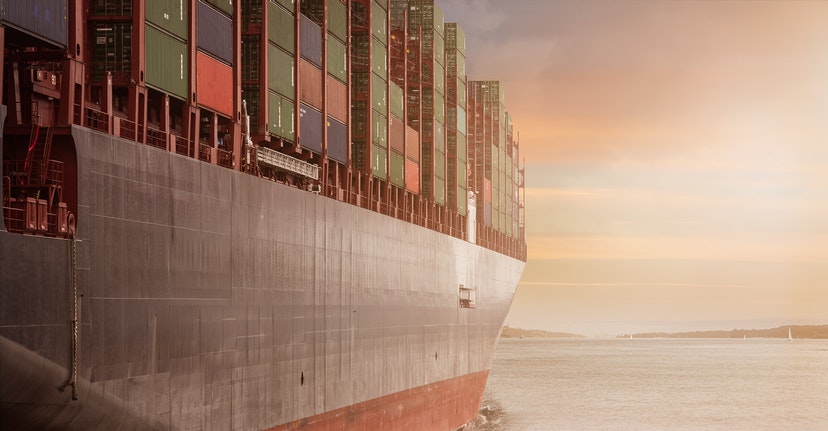Consumer Product Companies’ Sales Intact Despite Supply-Chain Mess
Profits Intact at Large Consumer Products Companies
Large consumer products companies like Procter & Gamble (PG), Albertsons (ACI), and other big names have been weathering the global supply-chain meltdown better than other industries, relying on their large cash reserves, brand recognition, and worldwide operations to ensure that shelves remain stocked now and into the holidays. The companies have been able to maintain relatively normal operations despite delivery delays, rising costs, and labor and raw material shortages, enabling them to meet rising demand and to continue to grow.
Take P&G for example. When the consumer products company reported quarterly earnings yesterday, the company forecast sales and profit growth, despite rising costs. Because of its size, P&G has been able to keep products in stock and keep its profit forecast for 2021 intact.
IKEA and Albertsons Weather the Storm
Furniture seller IKEA is also weathering the supply-chain slowdown relatively unscathed. The company said inventory shortages are not having a significant impact on sales because it sells a wide range of products. That enables IKEA to sell enough alternative items to cushion the blow from shipment delays.
Meanwhile Albertsons, one of the nation’s largest grocers, reported a close to 5% increase in sales for its most recent quarter, despite limited inventory. It too is offering customers alternatives to keep sales intact. The grocer said shoppers may not find the exact items they want in stores, but there are similar options available. Both Albertsons and P&G said they are also raising the prices they charge consumers.
Nike Passes Costs on to Consumers
Nike (NKE), which is facing higher costs, especially for products coming from Asia, still expects its gross margin to grow, even though it lowered sales forecasts for the year. Premium brands like Nike can raise prices without facing as much consumer backlash as other brands might. A shift to online sales is also expected to help Nike.
Large consumer products companies are faring better than other industries as supply-chain difficulties continue and the holidays approach. Companies are using their cash reserves, global operations, and brand-name recognition to keep profits up and consumers happy.
Please understand that this information provided is general in nature and shouldn’t be construed as a recommendation or solicitation of any products offered by SoFi’s affiliates and subsidiaries. In addition, this information is by no means meant to provide investment or financial advice, nor is it intended to serve as the basis for any investment decision or recommendation to buy or sell any asset. Keep in mind that investing involves risk, and past performance of an asset never guarantees future results or returns. It’s important for investors to consider their specific financial needs, goals, and risk profile before making an investment decision.
The information and analysis provided through hyperlinks to third party websites, while believed to be accurate, cannot be guaranteed by SoFi. These links are provided for informational purposes and should not be viewed as an endorsement. No brands or products mentioned are affiliated with SoFi, nor do they endorse or sponsor this content.
Communication of SoFi Wealth LLC an SEC Registered Investment Adviser
SoFi isn’t recommending and is not affiliated with the brands or companies displayed. Brands displayed neither endorse or sponsor this article. Third party trademarks and service marks referenced are property of their respective owners.
SOSS21102001



